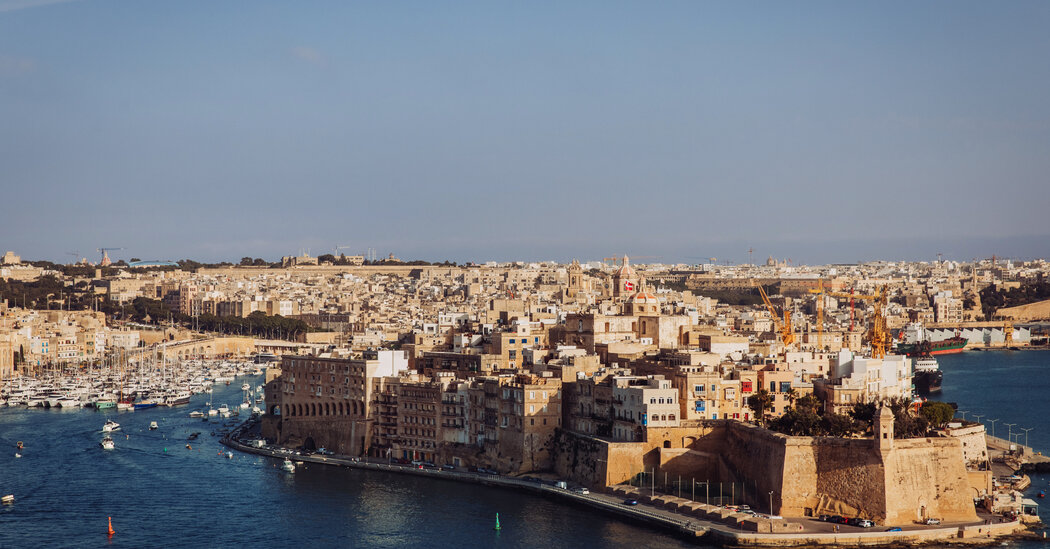I was having a nightcap at the palmy, Art Deco Phoenicia Hotel in Valletta, Malta, when a former British naval officer struck up a chat, quickly confiding in me that he thought Prince Philip, Queen Elizabeth II’s husband, was the handsomest man he’d ever seen. The prince and the future monarch spent the early years of their marriage in Malta, the former base of the British Mediterranean fleet, where Philip was posted to a ship.
Malta, the expat explained, had always been “very pleasant ” for gay men. “So many sailors and soldiers,” he said, sipping his drink. “This lovely little island is even better today, though, because now everything’s all out in the open and not only does no one bat an eyelash, it’s just not an issue here anymore.”
Perhaps this attitude explains why Valletta, the tiny capital of the smallest country in the European Union — five islands in the Mediterranean between Sicily and Tunisia, with a population of about 538,000 — will be hosting EuroPride this September. This annual L.G.B.T.Q. event, which began in 1992, is awarded to a different European city every year. Valletta, with only about 6,000 residents, will be the smallest host city to date.
“This celebration is an important opportunity for us to show off why Malta was rated No. 1 by the Rainbow Europe index,” said Toni Attard, the artistic director for Valletta’s EuroPride program. The index is a ranking by ILGA-Europe, a nonprofit organization that monitors the legal and social climate for L.G.B.T.Q. people in 27 E.U. countries.
A tradition of tolerance
I had come to Malta from my home in France for a long weekend to explore what exactly makes it so hospitable to visitors — gay and straight alike.
“Our identity is an amalgam,” Liam Gauci, the curator of the Malta Maritime Museum and one of the island’s most respected historians, told me. “We’re Roman Catholic, but the word for God in Maltese, a Semitic language, is Allah, a reflection of the two centuries the Arabs ruled Malta after invading in 870 A.D. These contradictions make us wryly tolerant of differences, including sexual ones,” he said.
“The church may have frowned on it, but homosexuality was common among ship crews,” Mr. Gauci added. “The Grand Court of Malta even ruled in favor of Rosa Mifsud, a transgender Maltese, who filed a petition in 1744 to be officially recognized as a male.”
When I arrived in Valletta, the apricot-colored sun was just about to sink into the…
Click Here to Read the Full Original Article at NYT > Travel…
